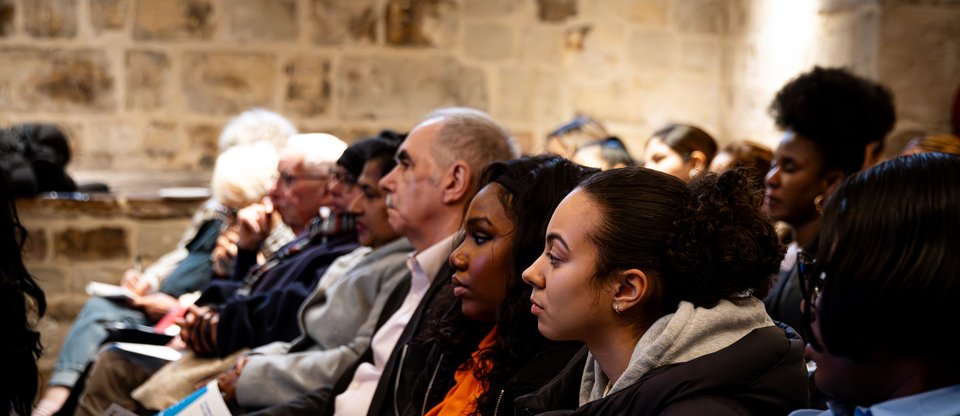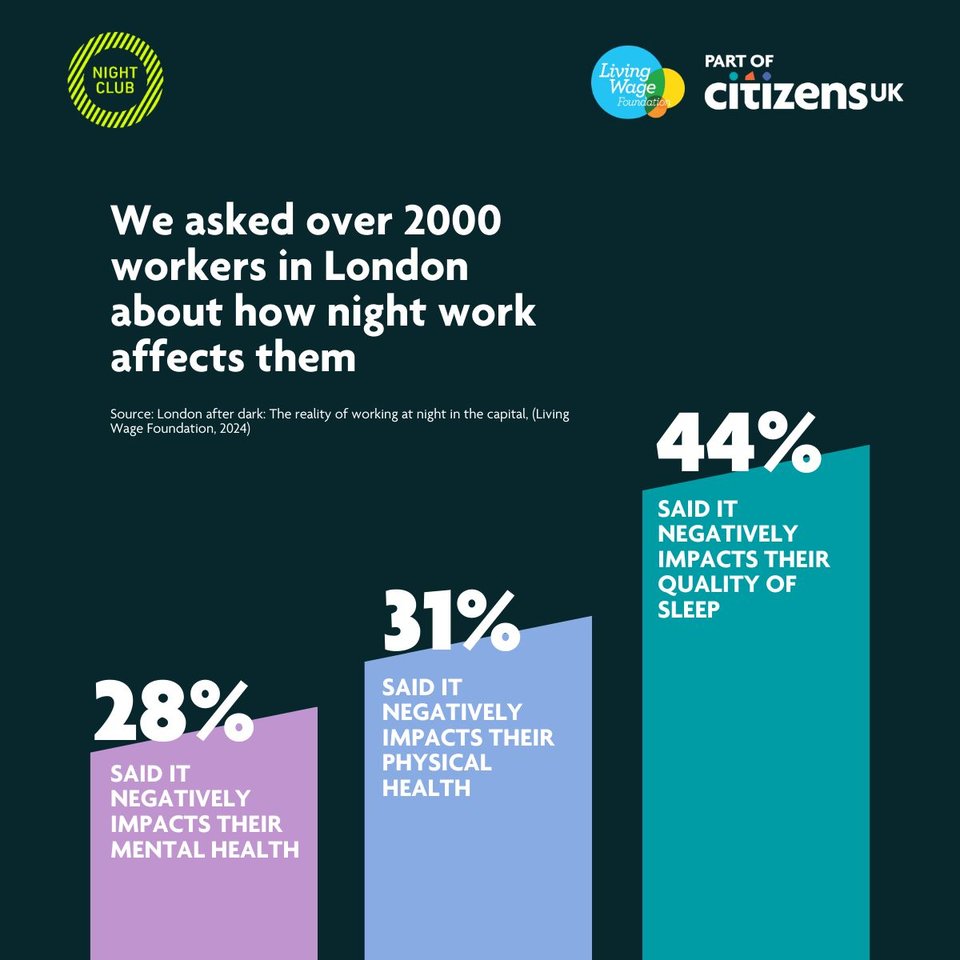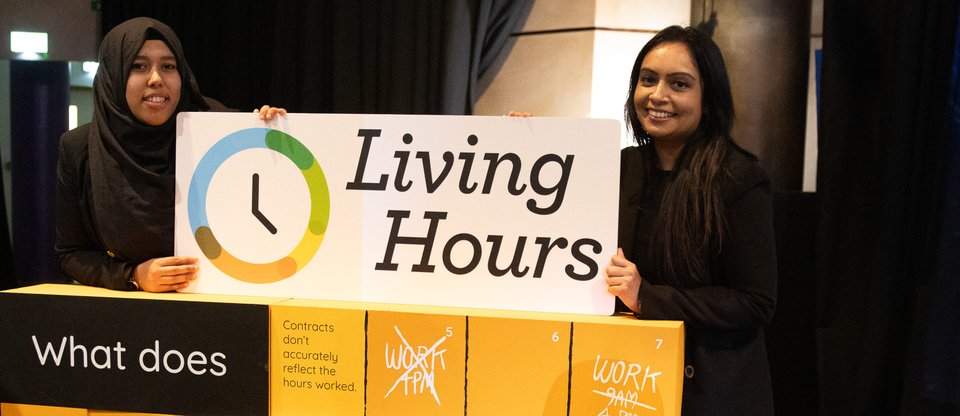New report finds London’s night workers more likely to experience low pay and unstable hours
‘London After Dark’: New report finds London’s night workers more likely to experience low pay and unstable hours

Today, The Living Wage Foundation has launched a new report titled ‘London After Dark’, which looks at the realities of working at night in the capital for 1.4 million workers.
The report, which includes new analysis of data from the Labour Force Survey, revealed that London nighttime workers are more than 40% more likely to experience low pay than those who don’t work at night.
Those who work at night in London are also twice as likely to have an insecure job.
Polling, which involved over 2,000 London nighttime workers, found that almost half of those who responded have had shifts cancelled unexpectedly, with 60 per cent receiving less than half their regular pay for their cancelled shifts.
Whilst there are some workers who choose the flexibility of nighttime work, almost half (49 per cent) of those working at night in the Capital also admitted to having little control over when they do or do not work at night.
As well as facing issues of insecure work and low pay, working at night in London was further found to negatively affect some workers’ physical and mental health. 31 per cent reported that working at night negatively impacts their physical health, with 28 per cent experiencing negative impacts on their mental health. 44 per cent also reported a negative impact on their quality of sleep.
These negative impacts of working at night on workers are compounded by their experience of low pay. Workers paid less than the real Living Wage are more likely than other workers to report that working at night has a negative impact on their lives.

Additionally, twice as many workers earning below the London Living Wage are dissatisfied with working at night compared to those earning at or above it. Of those dissatisfied, 55 per cent said better pay would improve their experience of working at night.
Analysis of ONS data included in the report found nearly 1.4 million people work in the evening or at night in London—that's one in four workers.
Despite London being known for its nightlife, most nighttime workers are in less immediately visible industries such as health and social work (180,000) and transport and storage (120,000).
The nighttime economy is an important part of London’s economy, culture and labour market. However, this research shines a light on the often-overlooked circumstances of the capital’s nighttime workers.
This is why the Making London a Living Wage City project, led by Citizens UK, the Living Wage Foundation and the Mayor of London, is working to tackle issues of low pay and insecure work. It aims to put over £635m back into the pockets of low paid workers, and lift tens of thousands of workers out of in-work poverty by boosting the number of accredited Living Wage and Living Hours employers across the capital.
A direct impact of working at night is the isolation you feel from your family, as well as in your social life. Over time, it affects your ability to have a chronological routine which can have negative long-term effects on your mental health and wellbeing. For many people who work at night, these issues are compounded by also not receiving a real Living Wage for their hard work
Margarita, a Citizens UK leader who works nighttime shifts as a cleaner in London offices
London’s nighttime workers deserve to live with dignity and are essential to the City’s economy, yet their struggles are often overlooked. Our findings reveal the toll night work takes on their lives, which is sadly compounded by low pay and unstable hours. We know it doesn’t have to be this way.
So many London employers have stepped up to do the right thing and become Living Wage and Living Hours accredited, but we still have a way to go. Night workers, like all workers, deserve a real Living Wage and secure hours, including proper notice of shifts
Peter Brierley, Citizens UK Assistant Director and Lead Organiser for London Citizens
Nighttime workers are too often the ‘forgotten shift’ even though this hidden army keep our 24/7 society running. Understanding their experiences of work is vital to making positive change. We often hear that shift workers feel jet lagged, disconnected from family and unheard at work.
Employers have an important role helping their teams thrive on shift. Everyone stands to benefit from healthy and cared-for nighttime workers
Sarah Douglas, Founder of Night Club, an initiative directly supporting shift workers and employers

Our vision for London is simple!
The Making London a Living Wage City project is working to tackle issues of low pay and insecure work through Living Wage and Living Hours accreditations.
It aims to put over £635m back into the pockets of low paid workers, and lift tens of thousands of workers out of in-work poverty by boosting the number of accredited Living Wage and Living Hours employers across the capital.
Additionally, we have developed a new standard of what good work looks like, to tackle the additional struggle of insecure work that millions of low paid workers also experience.




